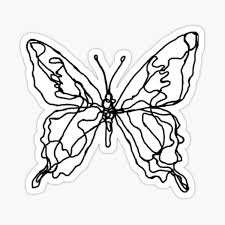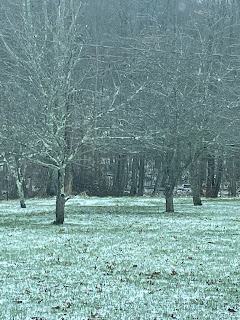Nestled away
Home is a place
Until the plague
A plague is a death sentence. A decaying of life. The tourism suffocates places that used to be bright. Pandemics bring them in on new kicks of nature waves. “Nature awaits,” they say from their bustling apartments, rimmed with people aching to work but stuck in place. So of course, when the restlessness grows too much, the businessmen and women put on their never before worn hiking boots and set sail to paved trails and controlled nature.
Art on walls
Disgust of natures appeal
Graffiti of disaster
Disruption of habit reaps destruction on nature. Trash litters my favorite spots; tourists block park rangers path to save, just for the perfect selfie. Graffiti takes over the rocks. Why? How do they not see the beauty of the the rivers slow erosion, the age of the trees marked like the circle of life. Connections made only through a child’s bare feet running with the land.
Luck is a myth
Except in a Childs lungs
Full of clean air
Fortune means nothing without experience. Growing up in Ohiopyle taught me an appreciation I would not trade for anything. Feeling free, not from an understanding of the constitution or even the ability to buy locally grown food, but rather from the water running beneath me as I lept from rock to rock, mindful of the little creatures beneath me. Grateful for the deer, my friends.
A spot light
Not on a performances stage
On my friends the deer
I would pray, but not for myself. I would pray the hunters spot light never stuck on the deer that grazed in my yard. The deer whom brought their youngling back each year to the apples of our yard. I would pray they would live to return again. I never got close, yet they were a part of me and I them.
Connection is a gift
Hiddng away from the locus
Locus with human eyes








